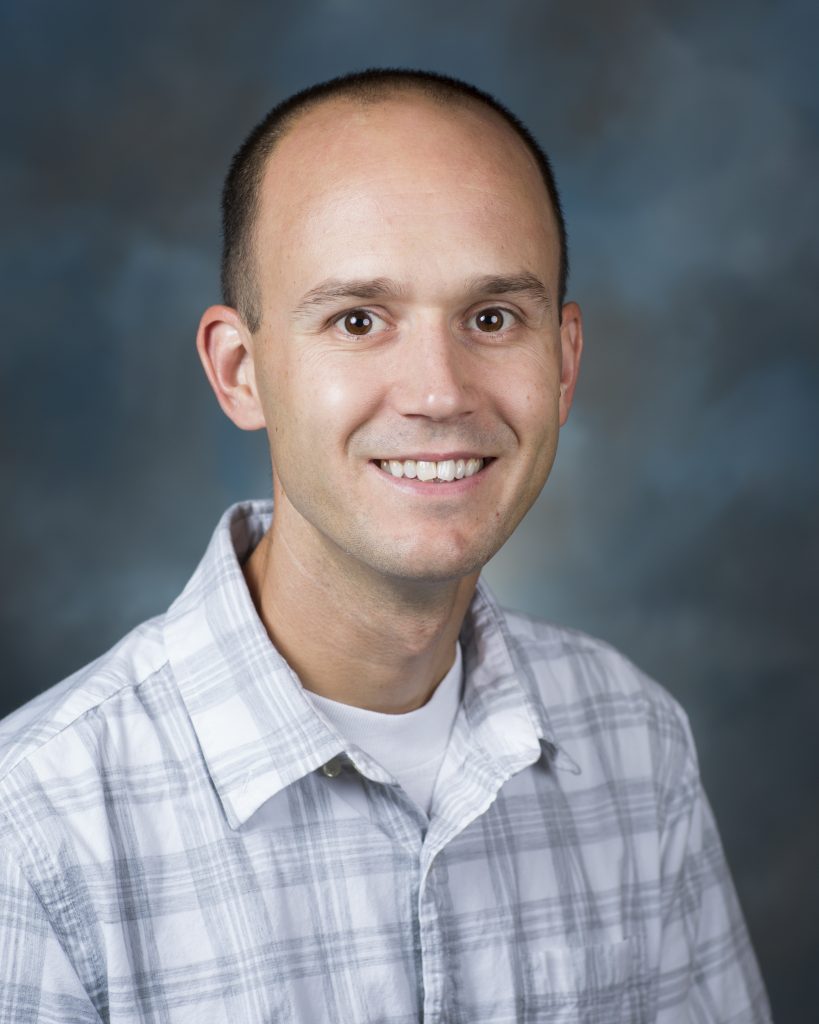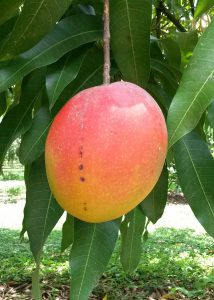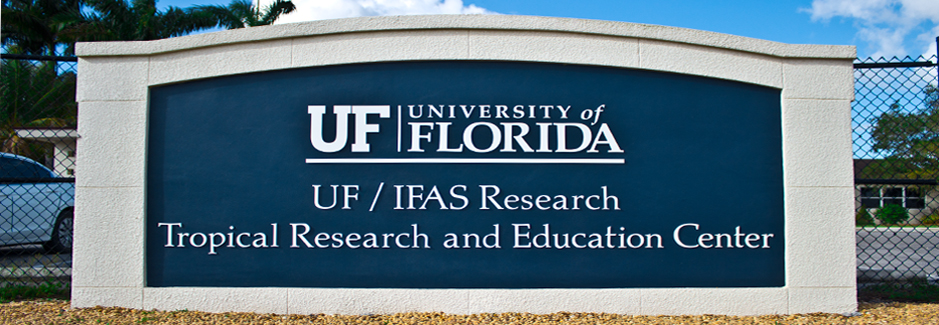By Clint Thompson

It is expected to be an “exciting year” for mango research at the University of Florida Institute of Food and Agricultural Sciences (UF/IFAS) Tropical Research and Education Center in Homestead, Florida.
That is the mindset of Alan Chambers, an assistant professor, who discussed the future of the industry.
“We are going to be doing some very exciting things with mangos, especially with flavor as well with our genomics. Last year during COVID, we were finally able to get our first 100 mango seedlings into the ground. We picked the parents, and so we’re trying to get the best of both parents. This means better quality, larger fruit for example,” Chambers said.

“This year we’re going to be putting in about 2 ½ acres of these mango seedlings. We’ll pick the right parents. We’ll plant them out. Over the coming years we’ll look at things like how quickly they grow; how disease resistant they are; and then in maybe three to five years we’ll actually get fruit off of them and see which tastes the best.”
Mangoes are grown commercially in Dade, Lee, and Palm Beach counties in Florida, according to University of Florida/IFAS Extension. They are produced in tropical and subtropical lowlands throughout the world. UF/IFAS research is the key to mango production growing in South Florida.
“Mango has so much diversity already. There’s so much we can still do in terms of texture, sweetness and acidity and aroma. There’s amazing mangos out there,” Chambers said. “A lot of them have this one weak spot that you wish you could fix. Maybe it doesn’t yield as much so it’s not commercially viable. Or maybe it has that fungus problem, so you have to keep putting on your fungicides. It’s really getting that last little bit (fixed) that says it’s now commercially viable.”
For more information about mango production, see University of Florida/IFAS Extension.










